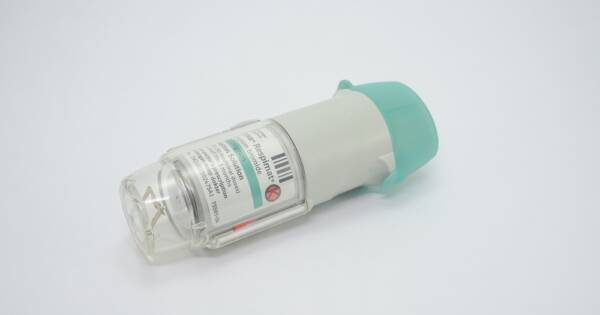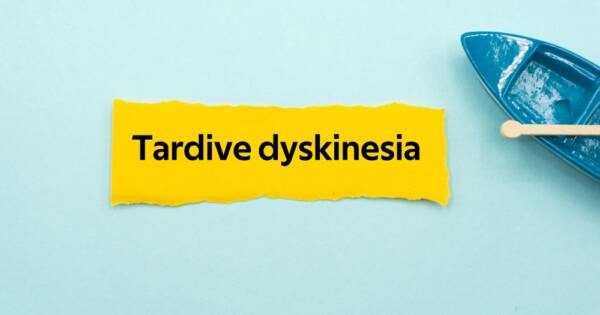Gaining clarity on Medicare’s scooter coverage is crucial for those who face mobility challenges due to medical conditions. Medicare Part B offers coverage, but adherence to specific criteria is mandatory. This article explores the qualifying conditions, documentation requirements, and the importance of working with authorized suppliers. Delve into the Medicare Competitive Bidding Program’s impact and navigate the intricate approval and prior authorization processes to effectively access mobility aid devices.
Understanding Medicare Scooters
When mobility becomes a challenge due to a medical condition, a mobility scooter may be a necessary assistance to enhance an individual’s quality of life. Medicare Part B can offer coverage for these devices, but there are specific criteria and processes that must be followed. This guideline provides valuable insights into what conditions qualify under Medicare’s requirements for acquiring a mobility scooter.
Eligibility and Medical Necessity
To qualify for a Medicare-covered mobility scooter, it is essential for one’s primary care provider (PCP) to determine the medical necessity. This requirement involves a face-to-face office visit, establishing that the individual’s health condition significantly impedes mobility within the home. Conditions that cannot be alleviated by a walker or cane will be evaluated during this consultation. Medicare aims to ensure that the need for a mobility scooter is grounded in the inability to perform daily activities at home.
Manual Device Limitations
Medicare’s guidelines also state that individuals must demonstrate the inability to use manual devices, including wheelchairs or standard scooters. The rationale behind this condition is that the proposed mobility scooter should address specific medical issues, allowing the user to function more independently in their residence. This requirement is crucial to ensure that coverage extends to those who truly need a powered device.
Documentation and Prescription Protocol
Correct documentation is crucial for obtaining Medicare coverage for a mobility scooter. After the face-to-face visit, the PCP must issue an order, prescription, or certificate that verifies the necessity of a powered device. This documentation should detail the difficulties the user faces in day-to-day activities, such as bathing and dressing. The order’s timeliness is critical, needing completion within 45 days after the face-to-face consultation to align with Medicare’s protocol.
Financial Considerations and Supplier Engagement
For those who meet the eligibility criteria, Medicare Part B typically covers 80% of the approved cost of a mobility scooter once the deductible is satisfied. However, this coverage is contingent upon purchasing from a supplier who is registered with Medicare and who complies with the assignment costs. The remaining 20% might be covered by a Medicare Advantage or Medigap plan, depending on the beneficiary’s additional insurance coverages.
Medicare Competitive Bidding Program
The Medicare Competitive Bidding Program also influences cost and accessibility. Suppliers must submit competitive bids to be eligible to provide mobility scooters under Medicare. This program aims to ensure quality and cost-effective acquisitions for beneficiaries. Should an individual’s current supplier not be a contracted participant in this bidding program, it might necessitate switching suppliers to maintain full Medicare benefits without additional costs.
Approval and Prior Authorization
To finalize the process, prior authorization is crucial for certain power wheelchairs and scooters. This authorization ensures that a beneficiary’s medical needs match the equipment being supplied and that the procurement is from an authorized Medicare supplier. Without this step, individuals risk the possibility of coverage being denied. Beneficiaries must choose from suppliers that have Medicare’s approval, as using non-approved suppliers can lead to out-of-pocket expenses and a lack of coverage.
Why You Should Learn More About Medicare Scooters Today
Understanding the qualifications and processes for obtaining a mobility scooter through Medicare is vital for those requiring assistance with mobility. By being well-informed about the eligibility criteria, documentation procedures, and the role of approved suppliers, you ensure seamless access to these beneficial devices. Addressing mobility challenges with the proper tools can significantly enhance autonomy and quality of life. Pursuing this knowledge allows individuals to make informed decisions and engage effectively with healthcare providers and suppliers.
Sources
Key Medicare Criteria for Scooter Coverage



